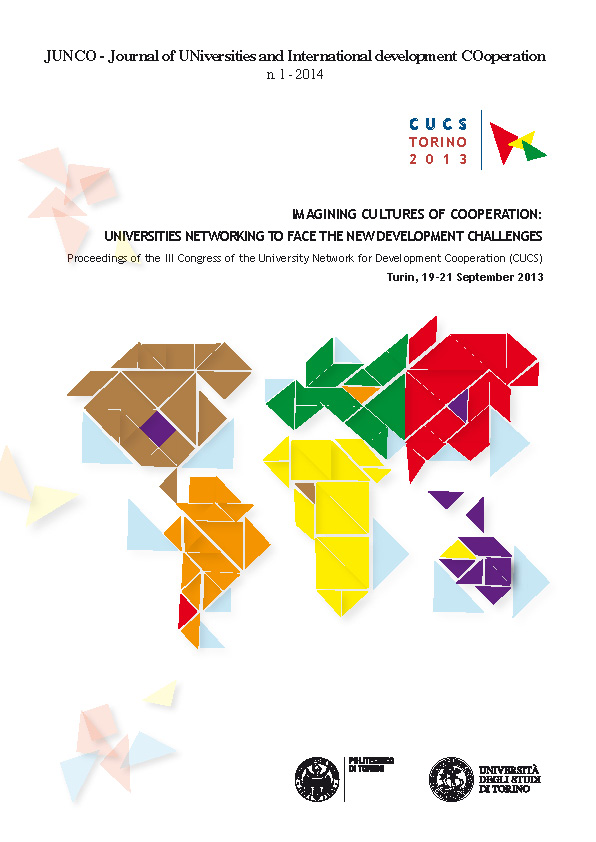MICROFINANCE: FROM THEORY TO PRACTICE
Abstract
Access to financial services is one of the fundamental engines of development. According to recent estimates by the World Bank 2.5 billion of adults (i.e. 50% of worldwide adults) do not have a formal bank account and the low-income individuals are the ones more exposed to financial exclusion because of poverty, travel distances and monetary and non-monetary burdens associated to opening a bank account.
Financial exclusion is also correlated to unequal distribution of income. It has been estimated by the World Bank that the richest adults in developing country are more then twice as likely to have a formal account. Moreover in many developing countries access to financial services either for loans or savings is generally informal; this implies the “unbanked” pay higher fees on such services than they would if they could access formal services.
Spread nowadays in many developing countries, microfinance services have contributed to bridge the gap between the unbankable’s investment ideas and financial opportunities, helping low-income households in asset-building, risk management and consumption smoothing as well as investment in education and health through the additional income generated by credit access.
As a side-effect, microfinance has also contributed to bridge the gap between practitioners and researchers and within the latter. The growing attention to microfinance practices has lead to new fruitful research ideas in the field of developing studies, attracting also large synergies between practitioners (i.e. NGOs, non-profit foundations, associations, institutions for development, etc.) and academic researchers with heterogeneous background (psychology, economics, sociology, anthropology, etc.).
This panel has collected academic research on financial services in developing countries often carried out jointly with national or international practitioners. In particular, the following studies focus respectively on micro-insurance schemes in southern Ethiopia, on current and new potential approaches to microfinance as a tool for social inclusion and on the microfinance as recovery tool after a natural disaster in the specific context of Sri Lanka.
All of these researches directly or indirectly highlight the importance of a mutual cooperation between the academic and the practitioners’ world for a more comprehensive and policy-oriented analysis of microfinance in the international cooperation arena.


